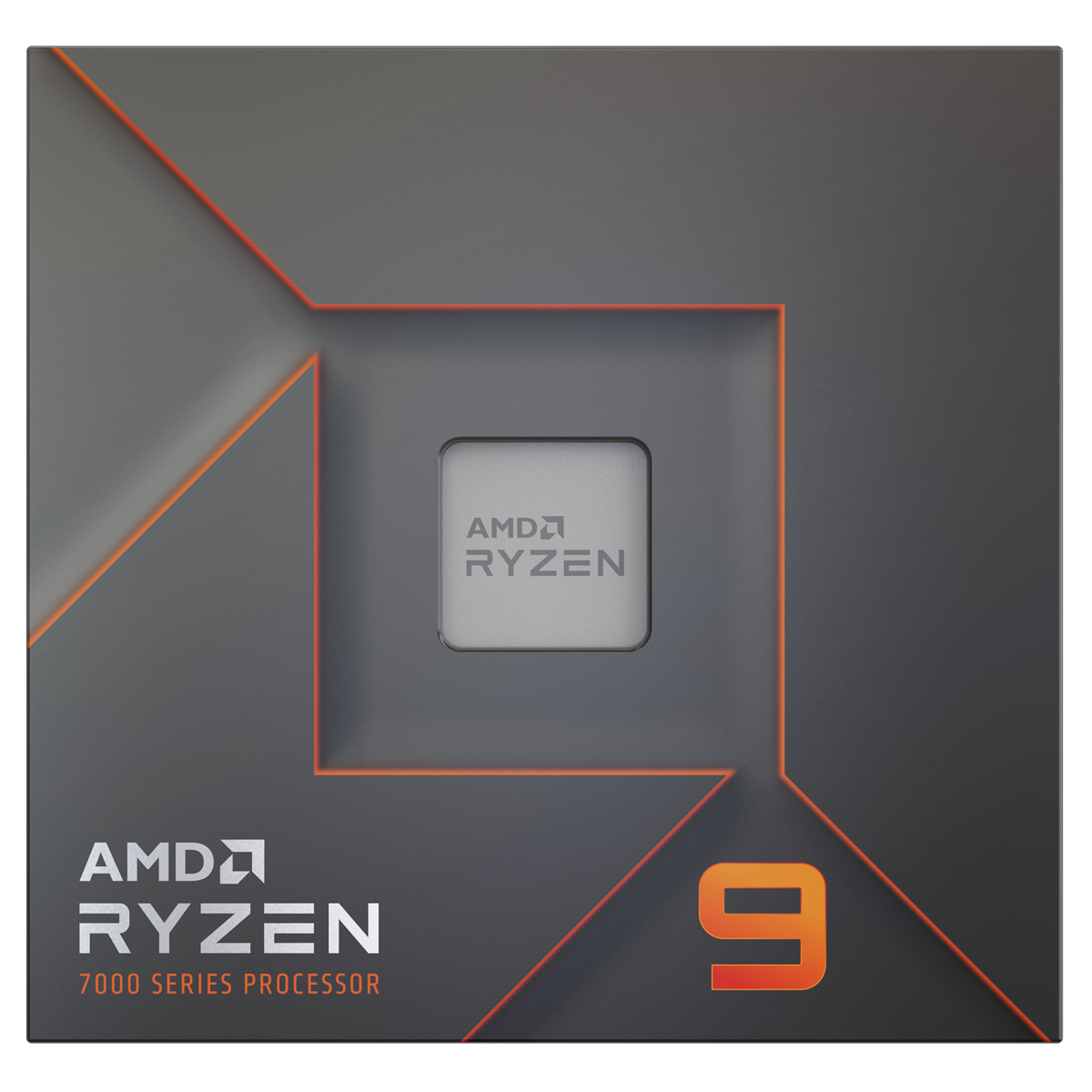The 4080 super is better though right? Makes no sense to me!
Yup. There was speculation that nvidia just overpriced the original 4080 and this was their subtle acknowledgement, but I don't know.
Looks like the 9900x is on pre-order annoyingly.
The 7950xD is in stock but more expensive than the 9900x.
This stuff is confusing

Intel be callin', ring ring.
On a serious note, it is not easy, because the characteristics of these CPUs is quite different.
My take is:
- The X3D CPUs are great for a gaming-oriented build and the 7950X3D is a good choice for a mixed gaming and productivity build if you still want to retain great framerates and get the benefit of the cache in the games that love it, while still having excellent multithreaded performance when the app calls for lots of cores to munch through your long-run workload (e.g. 1+ hour of rendering, or whatever).
- The X3D CPUs are power efficient and fairly easy to cool (though they do run hot), but the 7950X3D does have the cache only one CCD which can complicate things and they can't normally push the clocks as high which makes them slower than you'd expect when running mainly single threaded or lightly threaded apps.
- The 9000 series CPUs have very good multithreaded performance, very good single threaded performance (unusually for an AMD CPU they tend to top lightly threaded benches), exceptional performance in apps that benefit from the architecture tweaks like AVX512, are fairly power efficient, cool running and have no real weaknesses except for their power efficiency sliding down the charts versus the best Zen 4 CPUs.
- The arrow lake CPUs are occasionally great performers and in some workloads competitive with or even better than Zen 5, their platform and power efficiency is greatly improved versus 13th-14th gen, but their performance is very inconsistent across different apps, they're not great for gaming and they seem to be running some way short of their potential on an immature platform that has more than a few bugs/teething problems.





